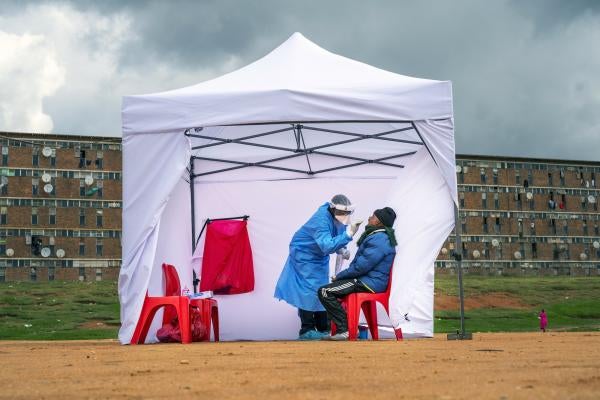Lire la version en français
In a referendum in the US state of Ohio, voters have approved a constitutional amendment ensuring access to reproductive health care, including abortion.
It’s welcome news for human rights generally and reproductive justice especially, and another victory for rights campaigners. Ohio is now the seventh state where voters have decided to protect abortion access since the US Supreme Court last year overturned Roe v. Wade, which had guaranteed abortion access at the federal level for decades.
As we’ve written before, reproductive rights are human rights, and this includes access to abortion. Its availability is essential to protecting bodily autonomy and reducing maternal mortality. Governments have the obligation to provide people with access to safe and legal abortion as part of their core human rights responsibilities in international human rights law.
For nearly two decades, Human Rights Watch has documented the human rights harms of restricted or banned access to abortion in countries around the world. This work has covered not just the US, but also Argentina, Brazil, the Dominican Republic, Ecuador, Ireland, and Poland.
The vote in Ohio will also hopefully have some impact more broadly in the US. Ohio had, the Associated Press writes, “passed some of the nation’s toughest restrictions on the procedure.” Now, people have rejected the direction their politicians were taking them and stood up for the right to abortion.
Voters’ message yesterday should be heard across the country, including in other states like Arizona and Missouri, which are planning similar ballot initiatives next year.
Of course, such questions of fundamental rights should not be put to a vote. Respect for fundamental human rights comes above voting in a democracy. If you question that, just imagine you’re one of ten people in a room, and six of them vote to throw you out the window. You can see the issue immediately. You have rights regardless of whether you’re popular or not.
Still, when such referendums do happen, it’s reassuring to see that – as in Ohio - people understand their rights are important, and they’re willing to go to the polls to defend them. Politicians need to listen.










